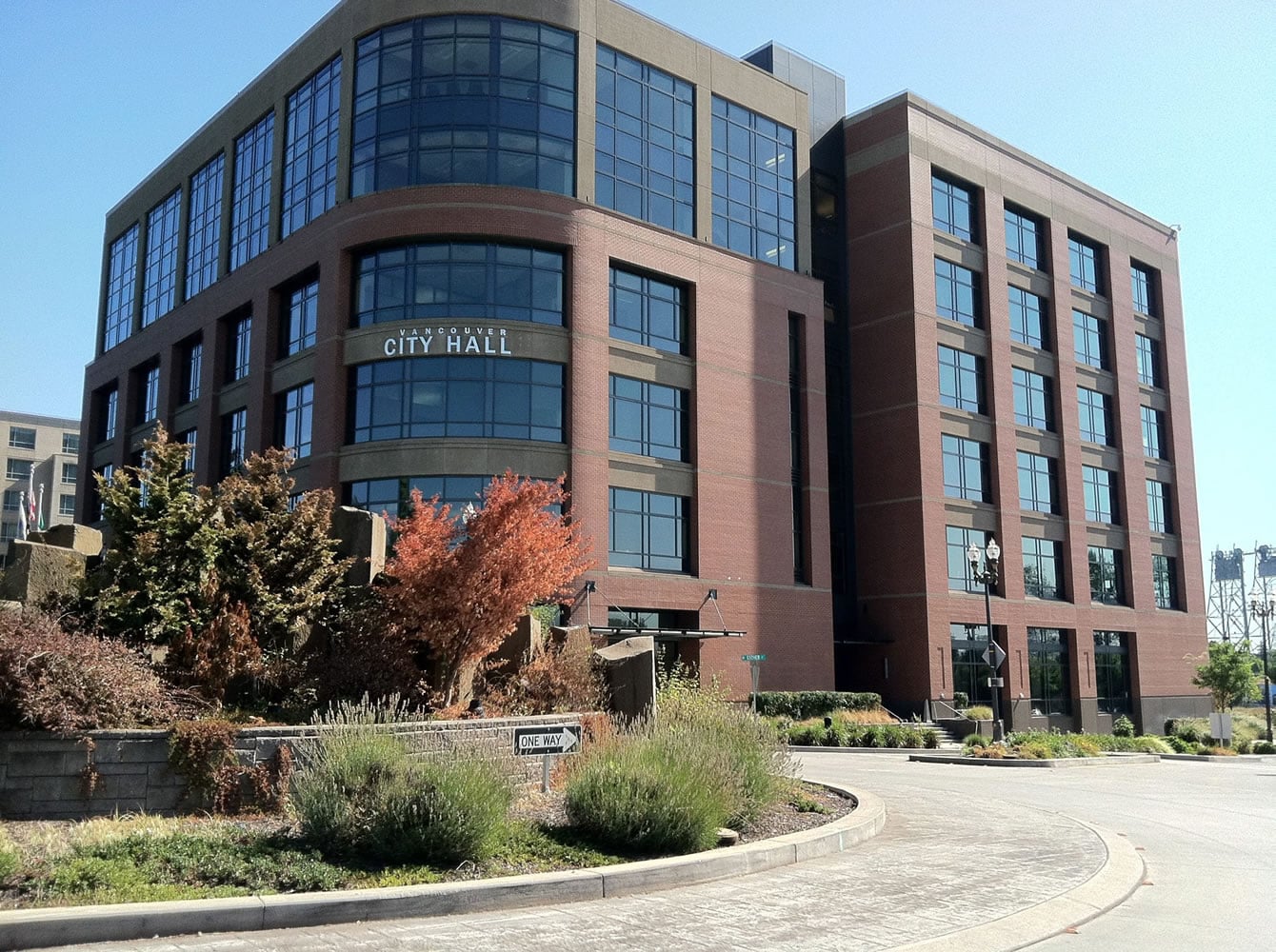The city of Vancouver is considering converting a Hazel Dell wedding venue into a permanent homeless shelter, a move that would require changing the terms of the voter-approved affordable housing measure.
In November, voters approved a property tax increase to help thousands of low-income residents secure and maintain their housing. The goal of the measure is to increase the supply of affordable housing, preserve existing housing and provide emergency rental assistance.
But those goals could shift; the Vancouver Housing Authority recently spotted the Hostess House, the full-service wedding venue, when it appeared on the real estate market for sale. The authority believes it could turn it into a homeless shelter and provide 60 beds in 46 rooms.
The city of Vancouver is in the midst of an affordable housing crisis and has been struggling with low vacancy rates and not enough shelters for the homeless population. The housing authority estimated it could buy the building for about $1 million. The city would be charged for the renovations at an estimated cost of $1.8 million, plus annual operating expenses of $800,000. The proposal was presented to the city of Vancouver at the council meeting Monday night.
The affordable housing levy is expected to bring in $6 million per year for seven years.
Councilor Alishia Topper, who served on the city’s affordable housing task force, said she frequently heard from residents who want the city to address the inadequacy in shelters.
“People … testified over and over again about the lack of space for single women,” Topper said, and buying this shelter would help that, she said.
A 60-bed shelter would provide services to an estimated 547 people per year, according to city information. Topper said two of the biggest obstacles to finding a shelter has been costly land and construction costs. This would help the city overcome both of those.
But Councilor Jack Burkman pointed out that investing the money in a shelter would reduce the rental assistance spelled out in the affordable housing measure, called Proposition 1.
“This is the first spending of the funds, and it’s a dramatic change from what we told (the voters),” Burkman said, calling it the wrong move.
Mayor Tim Leavitt pointed out that the shelter would be outside the city’s limits.
“We’re fortunate the voters approved the affordable housing fund,” Leavitt said. “But if we’re changing our tune about what we want to do with this, it could present some challenges.”
Leavitt asked how the city could be certain it was city residents who were being served by the shelter. He also pointed to uncertainties surrounding the often-discussed land-use issues within Clark County’s borders. The council decided to hold a public hearing on the topic in the near future to hear from residents.
Other council discussion: Annexation
The city also held a public hearing on its plans to annex approximately 2 square miles, or 1,270 acres, into the city’s limits.
The proposed Van Mall North annexation plans include Green Meadows, an unincorporated Clark County area where many residents aren’t pleased about soon having a Vancouver address. Many of the residents mobilized long ago to fight the annexation, worried that the 18-hole, 6,400-yard golf course they live on could be developed into condominiums, hurting the property value of their homes.
There are no plans to develop the golf course, but it is zoned for residential development.
Several Green Meadows residents appeared to testify Monday night.
Art Stubbs suggested the city consider owning the golf course, or turn it into a park or protected space to help ease people’s concerns in the area.
One woman shouted from the audience, before abruptly leaving the meeting, that she moved from the Midwest and invested in her property and loved that she was outside the city limits.
“There are so many other areas for you to go to, you’re not landlocked,” she said, pleading with councilors to not annex her property.
State law allows a city to annex an area if they have signatures from property owners who own at least 60 percent of its property value. The city obtained these signatures through covenants that residents signed when they purchased homes and connected to city services.
John Hallinen, a veteran, said he fought in combat zones for the right of liberty and to vote. And for the city to annex the property using utility covenants seems wrong, he said.
“So when you take a utility covenant and say that equals a vote, that doesn’t really jibe with why I went to a combat zone to fight for your constitutional rights of this country,” he said, asking the city to allow residents to vote on the annexation.
Some residents didn’t feel they had a choice when signing the utility covenant.
“I know it’s difficult for some people to accept annexation,” Leavitt said. “The reality is the Green Meadows area and other areas are within the urban growth area. … Eventually, everyone within the urban growth area should be in the city’s limits and served by the city’s services.”
Leavitt added, “We want to welcome you with warm arms into the city.”
The Vancouver City Council will hold another public hearing, likely in March.




